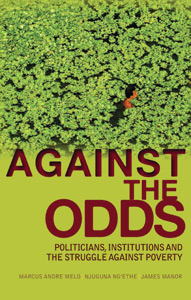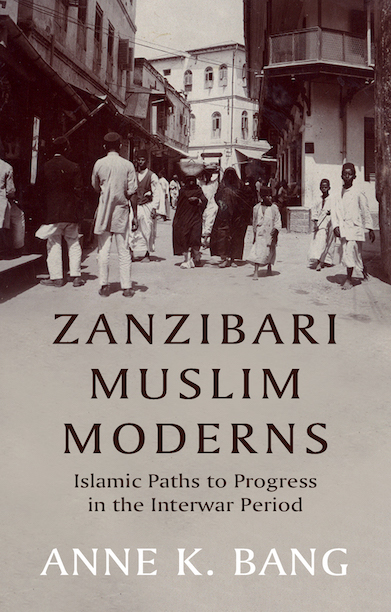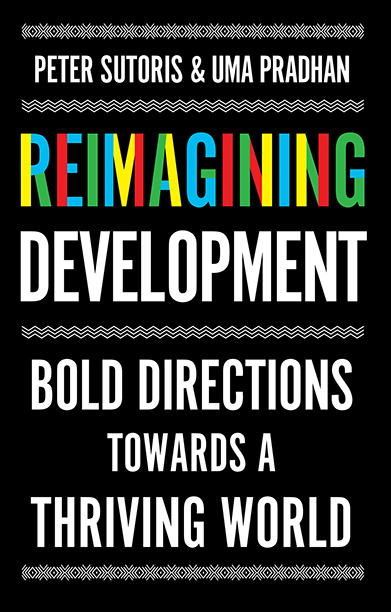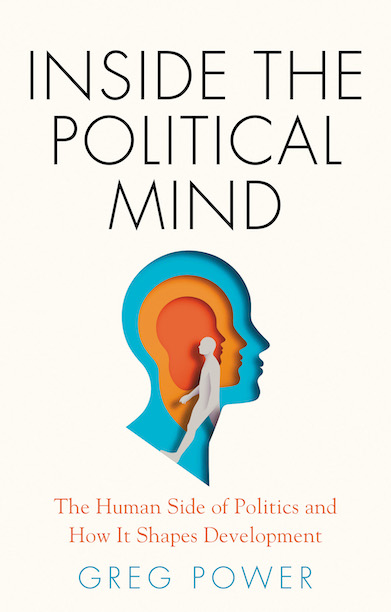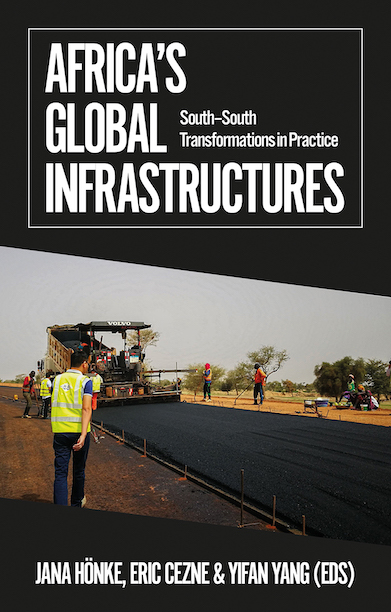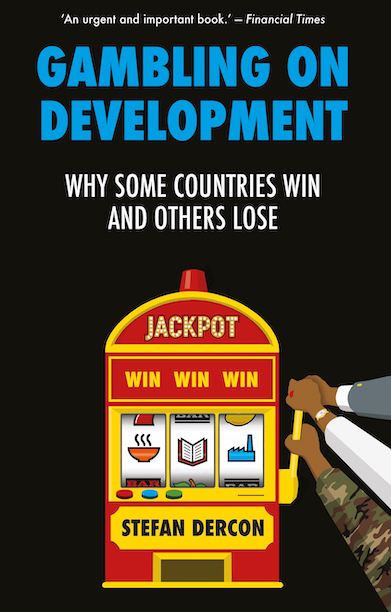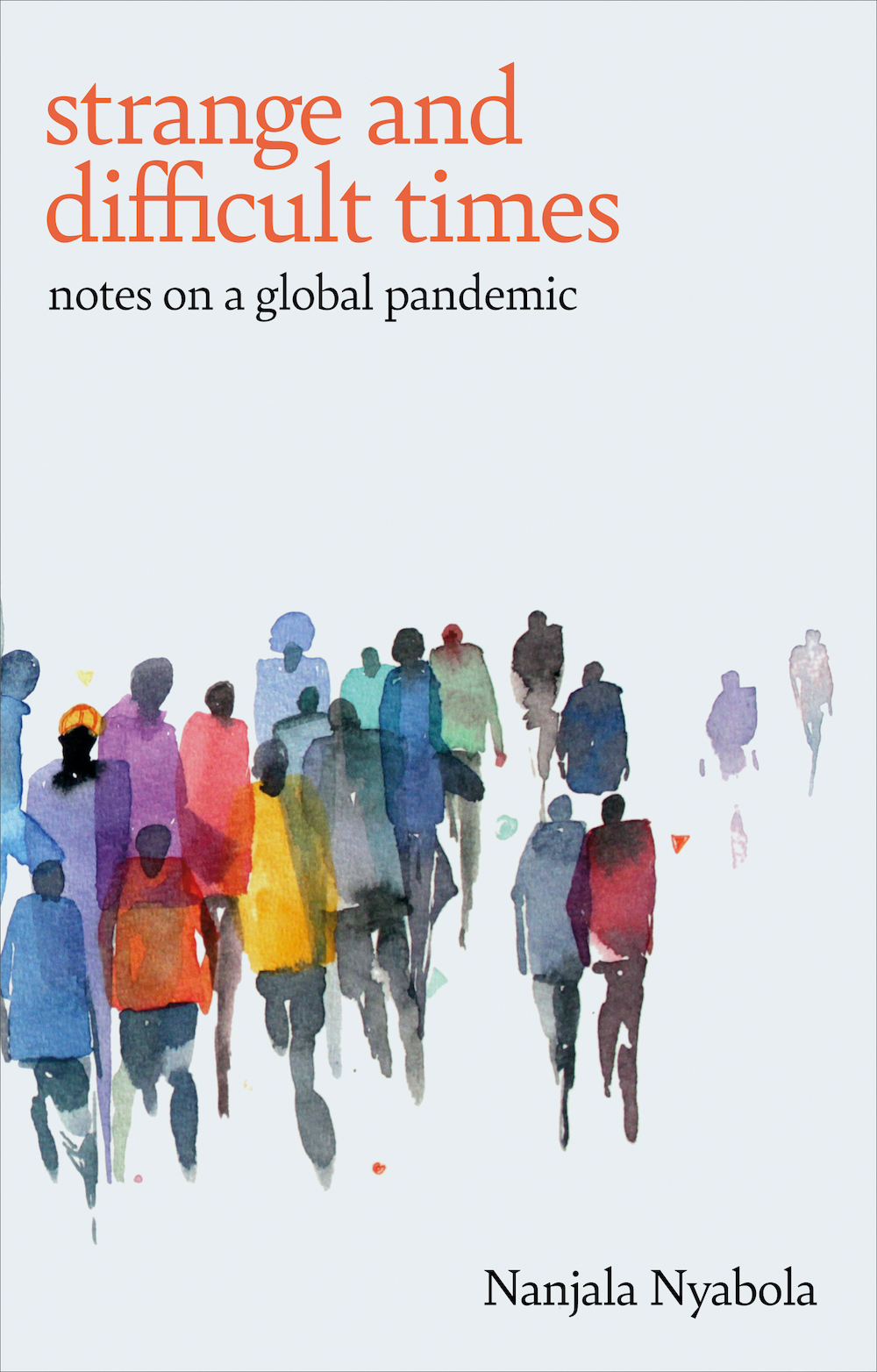Description
Against the Odds is a Machiavellian study of the machinations of three senior politicians in quite different developing countries who adroitly played the tough political game in ways that reduced poverty.
The three — former President Fernando Henrique Cardoso of Brazil, President Yoweri Museveni of Uganda, and Chief Minister Digvijay Singh in the Indian state of Madhya Pradesh — had scarcely heard of one another, and never communicated. And yet they used a broadly similar repertoire of political devices — persuasion, distractions, bargaining, stealth and pressure — to pursue broadly similar goals.
They demonstrated two crucial things: poverty reduction is politically feasible, even in the teeth of daunting economic and political constraints; and it is politically beneficial to those who achieve it, since it enhances their popularity, legitimacy and influence. If leaders in other developing countries who are naturally preoccupied with their own political interests recognise these things, then serious efforts to reduce poverty will become more common elsewhere.
Reviews
‘This is a book of the highest calibre and should be read by anyone with an interest in the politics of development and social justice.’ — Eduard Grebe, Development Leadership Program
‘Most analyses of development and poverty alleviation focus on overall economic growth and the design of particular economic programs. In contrast, this book focuses on particular leaders who launched successful efforts to help the poorest (usually rural) members of their societies, drawing attention to the consummate political skills necessary to implement even well-conceived policies. In detailed case studies, the authors examine the records of three leaders: Yoweri Museveni, the president of Uganda since 1986; Fernando Henrique Cardoso, the president of Brazil between 1995 and 2002; and Digvijay Singh, the chief minister of Madhya Pradesh, an Indian state of 60 million people, between 1993 and 2003. Although the details of their approaches differed, all three men had been committed to alleviating poverty before they won high office and, once in power, engaged the poor in political decision-making—partly to learn what the poor most wanted and partly to increase the accountability of otherwise corrupt local politicians and government officials. All three also moved to the political center, stressed the importance of private investment, and put heavy emphasis on primary education for the poor.’ — Richard N. Cooper, Foreign Affairs
‘This book makes a strong argument for the potential power of politicians in developing countries to positively influence the poverty reduction agenda, in contrast to the often used “lack of political will” explanation for failures in the struggle against poverty. … The analysis makes the important argument that pro-poor policies are not only politically feasible, but can also be advantageous for politicians. The authors’ conclusion offers an insightful discussion on the conditions under which politicians might pursue poverty reduction agendas, and provide a useful unpacking of the construct of “political will”’. — Dr Bina Fernandez, University of Leeds
‘The key message of this uplifting and hugely important book is that ‘politics matters; politicians matter’. The authors show that political entrepreneurship in the service of the poor is not only possible, but can be made to work, including for the politician. Institutions matter, and so do path dependencies, but not as much as we are often told. That’s another message of this book and it’s one that is written into the careers of its main protagonists, Yoweri Musaveni, Digvijay Singh and Fernando Henrique Cardoso.’ — Stuart Corbridge, professor of Development Studies, London School of Economics
‘This is a first-rate exploration of political strategies employed by “reform champions” in the introduction and implementation of policies to combat endemic poverty. It successfully combines analysis of institutions and the agency of reform leaders in finding room to manoeuvre in the promotion of policy change.’ — Merilee S. Grindle, Edward S. Mason Professor of International Development, Harvard University
‘When we look back we need biographies as well as studies of institutions, politics and economies, but the literature on recent and ongoing development politics and economics typically ignores political leaders, unless to twist them into bogeymen of the liberal imagination, or ossify them as impossible heroes. This book does the rare and hugely needed job of highlighting the role and characters of three remarkable leaders in different continents.’ — Christopher Cramer, Professor of the Political Economy of Development, SOAS, and author of Civil War Is Not a Stupid Thing: Accounting for Violence in Developing Countries
‘A refreshing change from the typically depressing literature about governance that sees developing world politicians as impediments to social change … by focusing on the strategies for success of three politicians — President Yoweri Musveni of Uganda, former Chief Minister Dogvijaya Singh of Madhya Pradesh and former President Henrique Cardoso of Brazil — despite seemingly insurmountable odds, the authors hope to inspire other politicians to do the same.’ — Economic & Political Weekly
Author(s)
Marcus Andre Melo is Professor of Political Science and the Director of the Center for Public Policy at the Federal University of Pernambuco in Recife, Brazil.
Njuguna Ng’ethe is Associate Research Professor of Political Science and the former Director of the Institute for Development Studies, University of Nairobi, Kenya.
James Manor is the Emeka Anyaoku Professor Emeritus of Commonwealth Studies at the School of Advanced Study, University of London.
